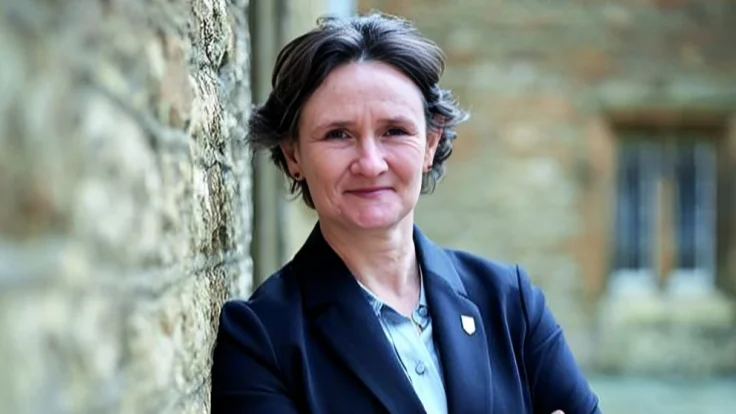A team of scientists at the University of Oxford has introduced a novel vaccine delivery system capable of administering both initial and booster doses in one injection. The technology, tested in preclinical trials, demonstrated strong protection against malaria, equaling the efficacy of traditional multi-dose vaccination methods.
Luca Bau, Senior Researcher from the Institute of Biomedical Engineering, stated: "Reducing the number of clinic visits needed for full vaccination could make a major difference in communities where healthcare access is limited. Our goal is to help remove the barriers that stand in the way of people benefiting from life-saving medical innovations."
The research presents hope for a simplified immunization process, especially in regions with restricted follow-up healthcare access. Published in Science Translational Medicine, it addresses global health challenges by ensuring individuals receive all necessary vaccine doses. Missed boosters are significant obstacles to achieving full immunization.
To address this issue, Oxford researchers developed biodegradable capsules that can be co-injected with the first vaccine dose and programmed to release the booster weeks or months later. In mouse models using the R21 malaria vaccine, this “single shot” strategy was nearly as effective as standard two-dose schedules.
The microcapsules are created using a patented chip-based microfluidics system compatible with existing pharmaceutical production methods. This compatibility allows rapid scaling for clinical use and deployment.
Romain Guyon, Post-Doctoral Scientist and inventor of the technology said: "Our approach solves three of the biggest problems in delayed vaccine delivery: how to make it programmable, injectable, and scalable. The microcapsules are precisely engineered to act as a tiny, timed-release vault."
Made from an approved biodegradable polymer (PLGA) and filled with the R21 malaria vaccine, these capsules release their contents after a set delay once injected.
Currently adapting their manufacturing process for early-stage human trials, the team has garnered interest from pharmaceutical partners and global health organizations.
Anita Milicic from Jenner Institute noted: "This is the exciting first step in proving that it is possible to administer the full immunisation complement through a single injection."
If successful, this innovation could transform vaccination campaigns worldwide by overcoming logistical challenges associated with booster schedules. Eleanor Stride from NDORMS commented on its significance: "This has been an extremely exciting project and a great example of how bringing together Engineering and Medical Science can create solutions to global problems."
The study titled ‘Core-shell microcapsules compatible with routine injection enable prime-boost immunization against malaria with a single shot’ appears in Science Translational Medicine.

